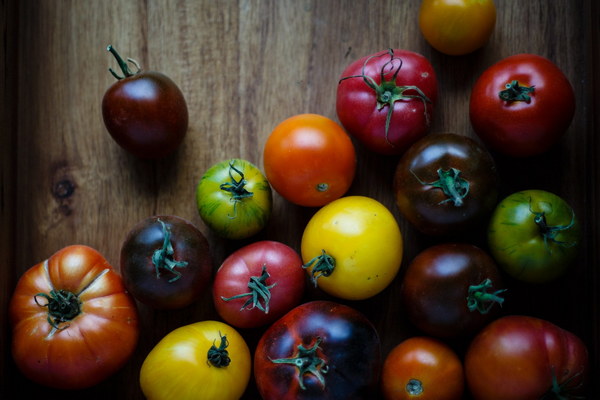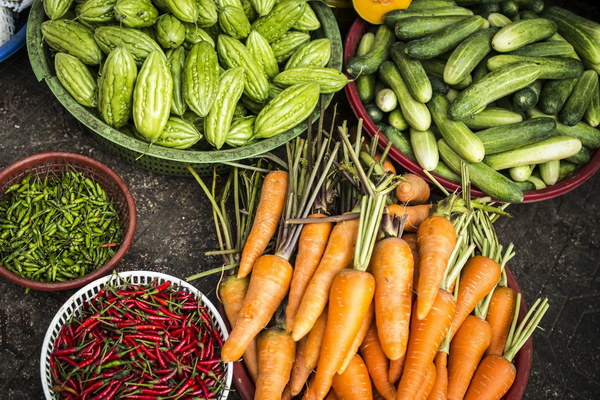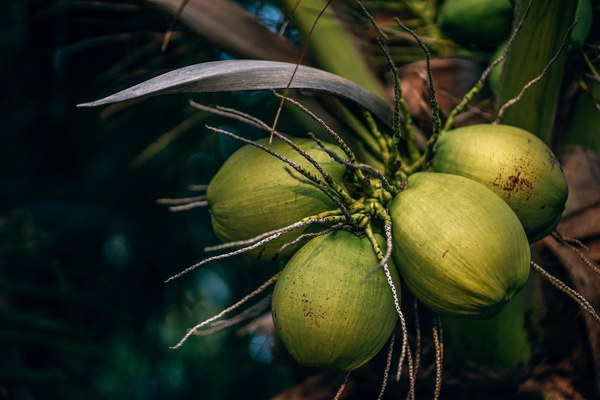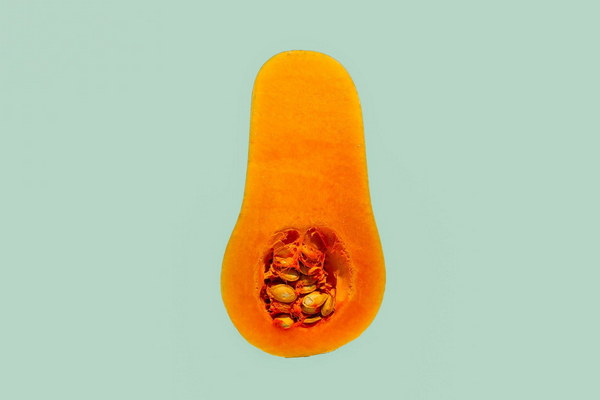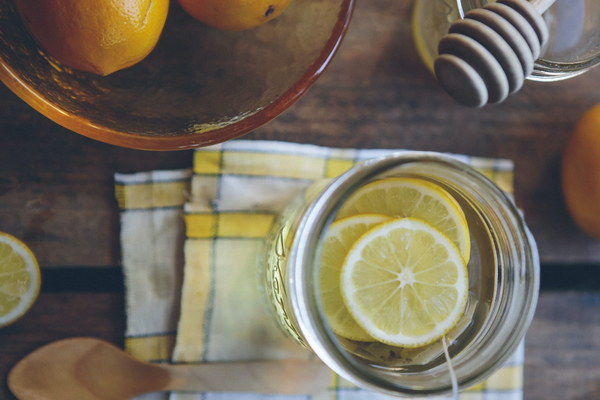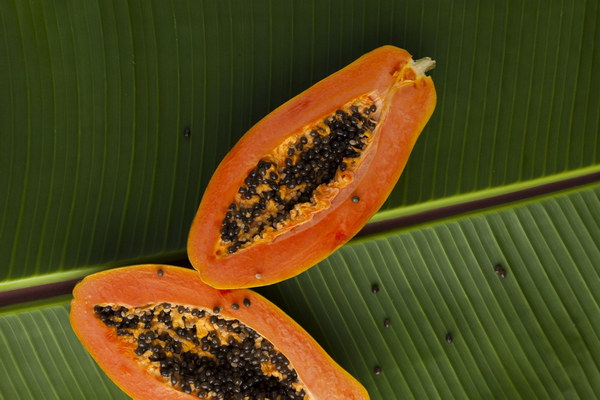The Buzz About Bee Health Discover the Secrets of Bee Nutrition and Wellness
The world of bees has long been a topic of fascination for scientists, researchers, and nature enthusiasts alike. Not only are bees vital to the pollination of crops and the production of honey, but they also hold a wealth of knowledge about health and wellness. In this article, we will delve into the secrets of bee nutrition and explore how we can incorporate their wisdom into our daily lives.
1. The Bee Diet: A Balanced Approach
Bees are known for their diverse and balanced diet, which is crucial to their health and well-being. A typical bee diet consists of nectar, pollen, and honeydew, all of which provide essential nutrients and energy for the insects.
- Nectar: Bees primarily feed on nectar, a sweet liquid produced by flowers. It is rich in carbohydrates, which serve as a quick source of energy for the bees. Nectar also contains antioxidants, vitamins, and minerals that contribute to the overall health of the insects.
- Pollen: Pollen is another important component of the bee diet. It is a powerhouse of nutrients, including proteins, vitamins, minerals, and antioxidants. Pollen is rich in amino acids, which are the building blocks of proteins, and is considered a complete protein source.
- Honeydew: Honeydew is a sweet, sticky substance produced by aphids on plants. While it is not a primary food source for bees, it can be a valuable supplement when nectar and pollen are scarce. Honeydew contains sugars, amino acids, and other nutrients that can help bees maintain their energy levels.
2. The Benefits of Bee Nutrition
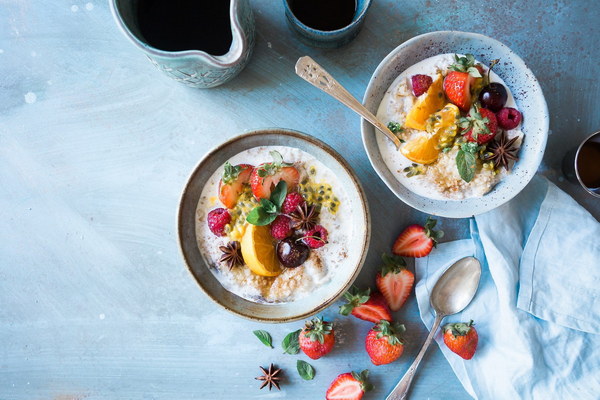
The nutrients found in the bee diet can offer numerous health benefits to humans. Here are some key takeaways:
- Antioxidants: Bees consume a diet rich in antioxidants, which help protect the body from oxidative stress and reduce the risk of chronic diseases such as heart disease and cancer.
- Vitamins and Minerals: Bees ingest a variety of vitamins and minerals, including vitamin C, vitamin B complex, calcium, potassium, and iron. These nutrients are essential for maintaining a healthy immune system, proper bone development, and overall well-being.
- Proteins: Bees consume high-quality proteins from pollen, which can support muscle growth and repair, as well as the production of enzymes and hormones.
3. Incorporating Bee Nutrition into Your Diet
While we cannot replicate the exact bee diet, we can incorporate some of its key components into our own nutrition plans:
- Honey: Raw honey is a natural sweetener that provides antioxidants, vitamins, and minerals. It can be used in place of refined sugars and has numerous health benefits, such as soothing sore throats and promoting digestive health.
- Pollen: Pollen supplements are available in various forms, including powders, capsules, and granules. They can be added to smoothies, yogurt, or oatmeal to provide a boost of nutrients.
- Bee Propolis: Bee propolis is a resinous substance produced by bees to seal their hives. It is rich in flavonoids, which have anti-inflammatory properties. Bee propolis can be found in supplement form and is often used to support immune function and oral health.
4. The Importance of Bee Health
The health of bees is crucial to the health of our planet. Bees are responsible for pollinating over 75% of the world's food crops. When bee populations decline, it can lead to a decrease in crop yields and increased food prices. By supporting bee health and wellness, we can help ensure a sustainable food supply and protect the delicate balance of our ecosystems.
In conclusion, the health and wellness of bees offer valuable insights into nutrition and well-being. By incorporating bee nutrition into our diets and supporting bee populations, we can improve our own health and contribute to the health of our planet. So, the next time you enjoy a spoonful of honey or a cup of bee pollen, remember the fascinating world of bees and the lessons they have to teach us about health and wellness.
